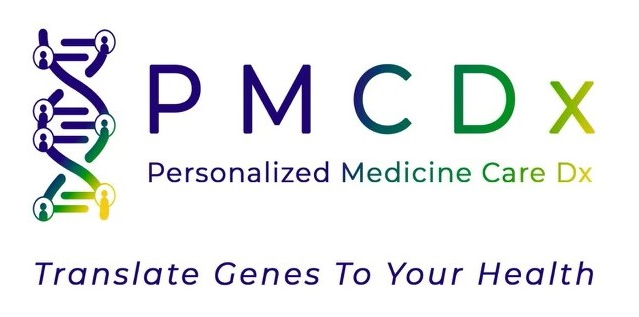RenaDx™: Comprehensive Renal Disease Panel
Test Description:
The RenaDx™ panel is a genetic test designed in alignment with clinical practice guidelines, as supported by KDIGO (Kidney Disease: Improving Global Outcomes, PMID: 38490803) and AJKD (American Journal of Kidney Diseases, PMID: 39033956). The RenaDx™ kidney disease comprehensive genetic panel interrogates up to 449 genes listed in clinically associated and relevant genetic databases, such as ClinVar, and other National Center for Biotechnology Information (NCBI) libraries, such as GeneReviews and MedGen. Identifies both rare and common inherited conditions associated with several kidney-related diseases, encompassing a broad spectrum beyond chronic kidney disease. The panel also provides insights into targeted treatment options where applicable and detects individuals carrying APOL1 risk alleles. The results of the NGS analysis will guide clinical decision-making by identifying genetic and inherited mutations that cause kidney diseases, assisting in not only the differential diagnosis for the clinician but also in driving towards the appropriate clinical and therapeutic management of the patient’s kidney disorder.
Methodology:
Coverage:
>97% of single nucleotide variants (SNVs) with coverage >20x, a mean depth of coverage of ~150x
Reflex Test: RenaXome™
Whole exome sequencing can be considered for patients with negative RenaDx™ test results (The New England Journal of Medicine, PMID: 30586318)
Specimen Requirements:
Saliva Kits (available upon request) or 3-mL whole blood in purple top EDTA tube or Nail clippings
Test Limitations:
All sequencing technologies have limitations. A negative result from this analysis does not rule out a possible genetic diagnosis as some variants may not be detected by this test. This test is not designed to detect low level mosaicism, structural rearrangements, indels >40bp, deep intronic variants of unknown clinical significance, or large cytogenetic CNVs. Certain inherent qualities of the human genome, for example repetitive regions/homopolymers, GC rich, pseudogenes, and rare polymorphisms, pose significant technical challenges such as sequence misalignment that may potentially impact the accuracy of the results. False negative results may also occur in the setting of allogeneic bone marrow, stem cell transplantation, active or chronic hematologic conditions, recent blood transfusions, suboptimal DNA quality or PCR trace contamination. Other potential sources of error include sample mix-ups and clerical issues.
| CPT Code | 81479, 81183, 81223, 81242, 81302, 81307, 81309, 81320, 81364, 81442, 81445, 81449, 81450, 81451 |
